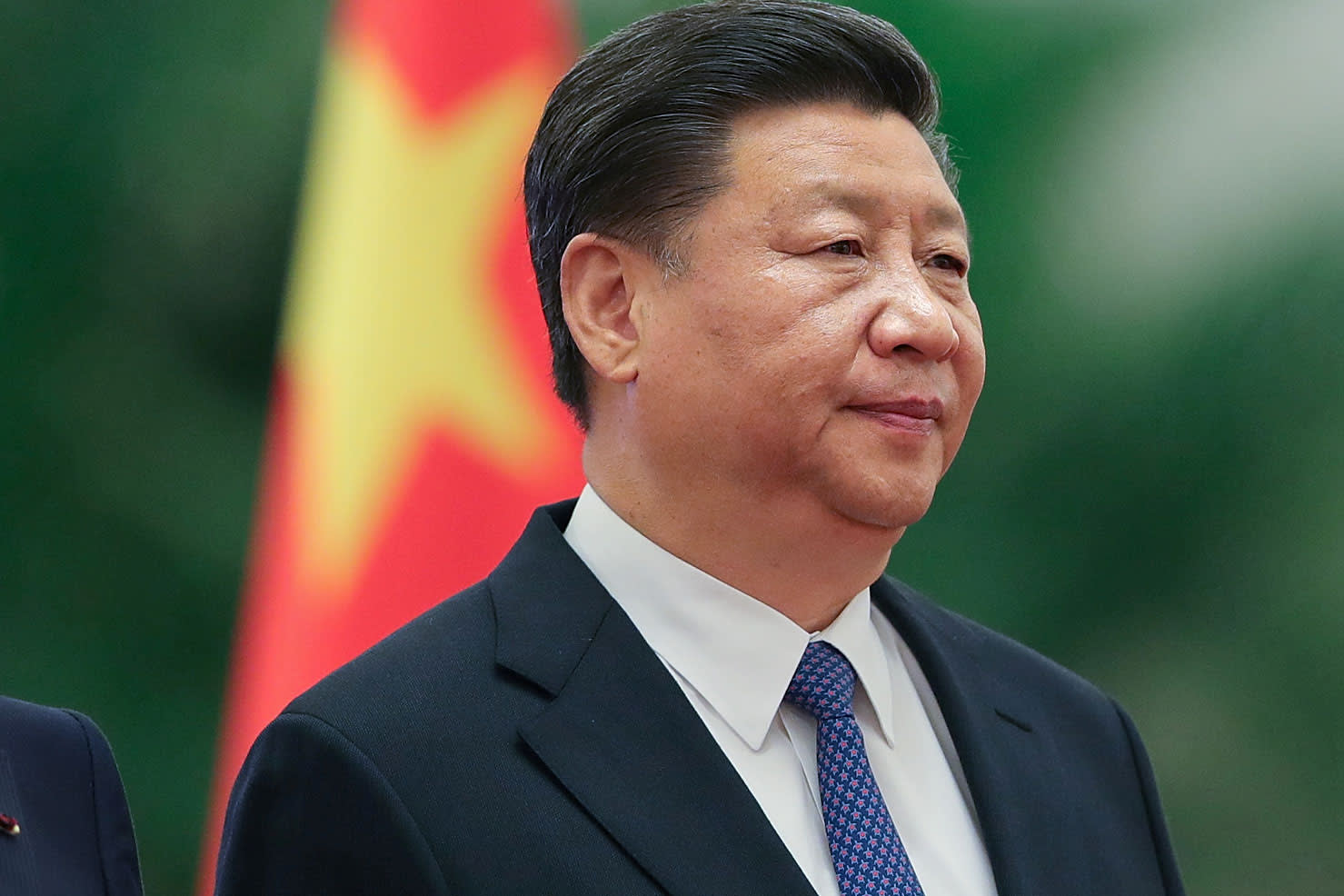Beijing has a host of options to retaliate against the latest the hike in U.S. tariffs on Chinese imports, experts said on Monday.
The latest round of trade talks between American and Chinese negotiators concluded on Friday without a trade agreement. Those negotiations fell under the shadow of U.S. President Donald Trump's threat to more than double the tariff rate to 25% on $200 billion of Chinese goods — which he made good on just after midnight ET on Friday.
China's Commerce Ministry said immediately after those new rates came into effect that it would take countermeasures against the American move. It did not announce what its response would entail but said it "deeply regrets" the turn of events.
Experts told CNBC that Beijing's response could end up combining several ways to hurt the U.S.
"I expect that China will retaliate and they will do it in as commensurate a way as they can, and that will include not just imports," said Susan Shirk, former deputy assistant secretary of state during the Clinton administration. "I think our farmers and our farm exports to China will be targeted because that's what President Trump cares about politically,"
She added that she expects added pressure on American firms operating in China, potentially including a slowdown in approvals for banks and checks on imports.
"Really anything could be fair game, and I would be extremely surprised if there were no retaliation," said Shirk, who is now the 21st Century China Center chair at the University of California San Diego School of Global Policy and Strategy.
Another option for Beijing's retaliation could include currency depreciation, analysts said. That is, a drop in value for the yuan would give Chinese exports a trade advantage and potentially offset the impact of U.S. tariffs.
"We think the currency is one area in which Beijing has a clear advantage over Washington," Bo Zhuang, chief China economist at research firm TS Lombard, said in a note on Friday.
He said China's shrinking current account balance, and the tariffs re-escalation "will create an opening for the (People's Bank of China) to accept further market-driven depreciation " of the yuan in the second half of this year.
"Note though that, while the People's Bank of China may tolerate more yuan depreciation, they may be wary of using it as a retaliatory tool. As well as inciting Trump's wrath, a weaker currency would also risk triggering capital outflows and damage efforts to open China's economy," Seema Shah, senior global investment strategist at Principal Global Investors, cautioned in a note.
Many have cautioned that China could dump its more than $1 trillion worth of U.S. debt in retaliation, but one expert told CNBC on Monday that such a move would ultimately not be in the country's best interest.
"The largest holder of U.S. Treasurys in the world is China, and so they hurt their own balance sheet as much as they incrementally hurt the U.S. and the losses that they would be forced to recognize are very, very real," said James Sullivan, head of Asia ex-Japan equity research at J.P. Morgan.
Yet despite the array of options available to Chinese President Xi Jinping for retaliation to the American tariff hike, he doesn't necessarily have the upper hand.
"I think there are workarounds, but this public chicken game between President Trump and President Xi is very, very difficult for President Xi to work his way out of," said Shirk.
— CNBC's Jacob Pramuk, Everett Rosenfeld, Eustance Huang and Reuters contributed to this report.


